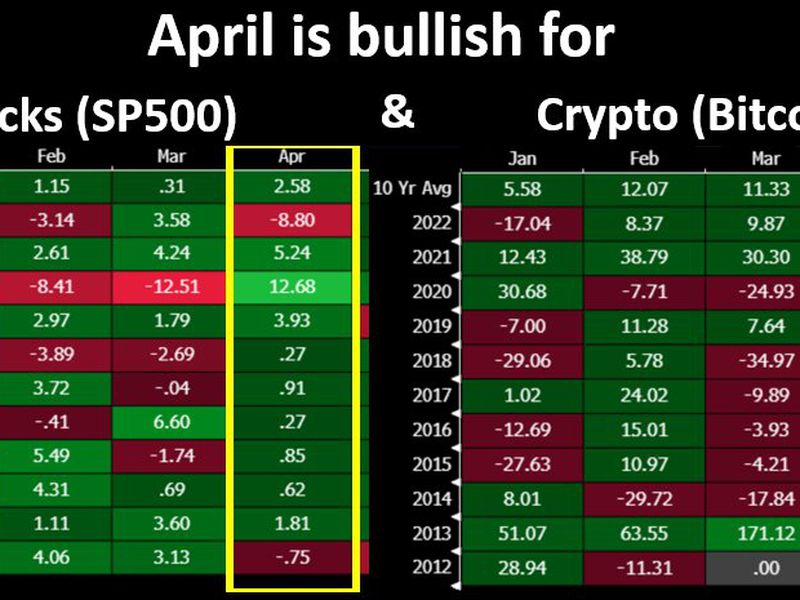Crypto Prime Broker Membrane Labs Raises $20M From Brevan Howard, Point72 and Jane Street
Membrane Labs, a cryptocurrency-focused trading and lending platform, has raised $20 million in a Series A funding round, with participation from big names like Brevan Howard Digital and Point72 Ventures. The capital will be used to help build the type of grown-up trading infrastructure the crypto space needs in order to avoid further disasters.
Other notable names included in the round were Jane Street, Flow Traders, QCP Capital, Two Sigma Ventures, Electric Capital, Jump Crypto, QCP Capital, GSR Markets, Belvedere Trading, and Framework Ventures.
Last year saw multi-billion dollar crypto trading and lending platforms fall to pieces, revealing a chaotic mess of opaque and iniquitous operations carried on behind the scenes. The response from regulators will see crypto come into the daylight and map much closer to traditional finance.
Membrane started out by building a clearing, netting and settlement engine, explained the firm’s CEO Carson Cook. This enabled institutions to choose where and how they custody their funds, whether that’s a custodian or multi-party computation MPC wallet, and then separately have their front office determine where and how they execute trades.
“You can think of us as the glue, a settlement network that connects all of these things together,” Cook said in an interview. “On top of this core infrastructure, we built workflow management for collateral management, loans, OTC trades and derivatives. The permeating theme is to increase transparency and risk management, especially in a post-FTX and post-3AC world.”
The knee jerk reaction to last year’s blowups is to move everything on-chain and lean hard into a decentralized finance (DeFi) type of infrastructure. This is understandable and it makes sense, said Cook, but it won’t fit for all institutions.
“We can do classic settlement which is just sign and send and a lot of institutions want that functionality because they’re used to taking on that settlement risk with other desks or other institutions,” Cook said. “We can also offer smart settlement that uses a system of smart contracts as an escrow for the payments between us. So clients can choose to take on the smart contract risk and not have the counterparty risk.”
Edited by Oliver Knight.









